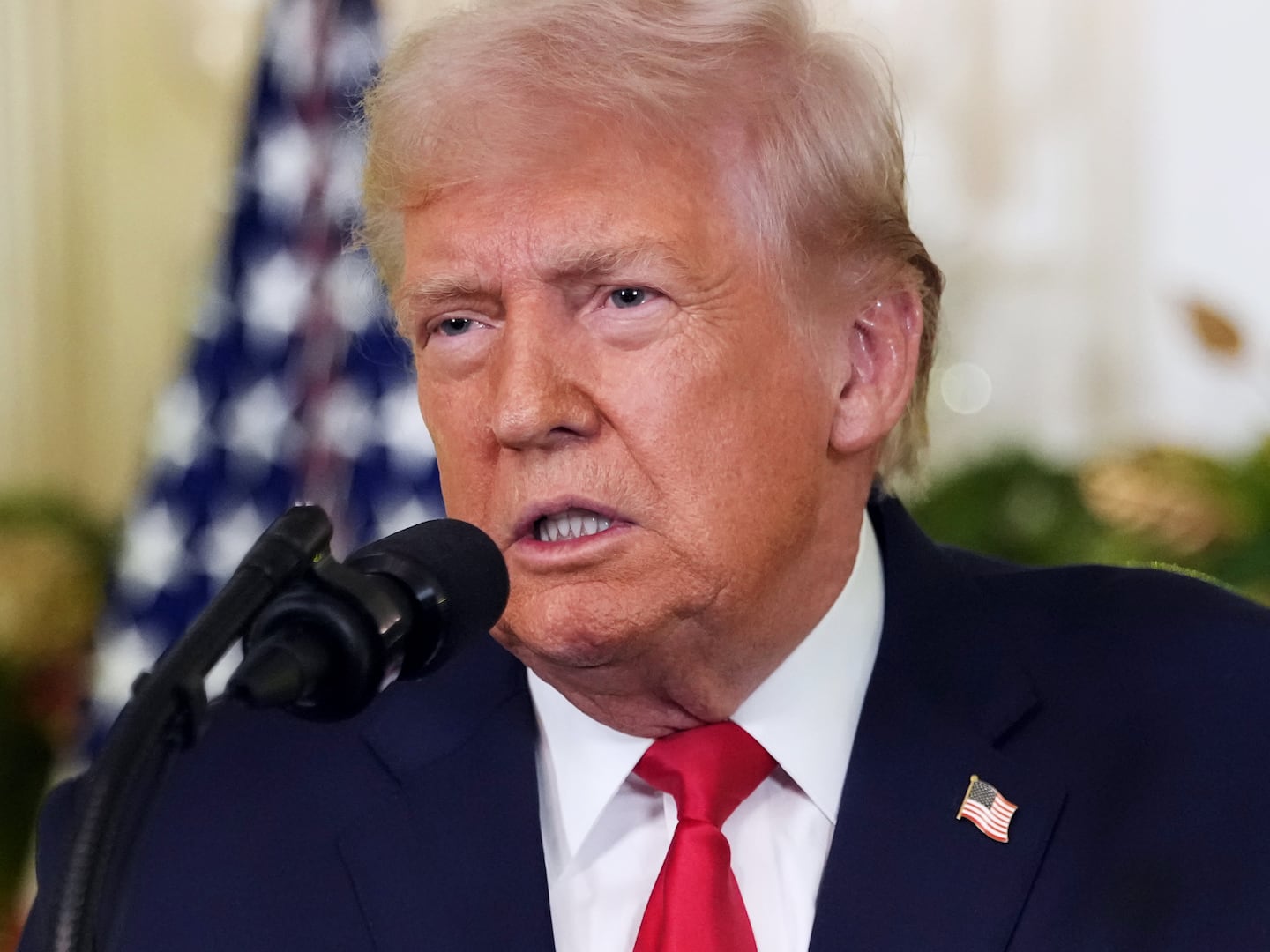
It didn’t take quite as long as Iraq is taking, but Britain has, at last, combed out its confounding post-election tangles: It has got a new prime minister, David Cameron, who will head a coalition government, the first such marriage of political convenience in Britain since the Second World War. Intone, if you wish, your hosannas, but bear in mind a few salient features that should explain what the British civitas now confronts:
1. Britons are getting Cameron, not Camelot. These are not idyllic times, and their new leader serves a population that is divided, deeply disgruntled, and more disrespectful of the political class than at any other period in modern British history. While not quite Greece (or California), Britain is in a fiscal mess. That said, the British people are sensible enough to concede that Britain’s recession is part of a global recession: They will cut Cameron more slack than many commentators predict. (After all, Labour was in power for the 13 years preceding this election.)
Click Below to View Our Gallery of Britain's New Power Couple

2. A governors’ coalition is a very un-British thing. The Brits have historically been much better at constructing coalitions of the governed: Witness colonial India, or Nigeria, or Ireland. India, for instance, was administered by parceling out privileges to different groups, never to one alone, and this division of spoils—or of access to power—rendered the subjects governable. But the British government, whether at home or abroad, was always deeply, satisfyingly monolithic. Not anymore, and we shall watch this new political experiment with a sense of wonderment.
3. Of course, this coalition is the end of British politics as we knew it: We will move to a much more European model of pragmatic deal-doing and cohabitation. This politics of mix-and-match, while not necessarily edifying, may not be such a bad thing—although it would make much more unlikely the emergence of a revolutionary leader like Maggie Thatcher, with emphatic ideological certitudes.
• Read Our Full Coverage of Cameron’s Win4. What a relief that Gordon Brown has gone. The man was like a dark cloud—rather like having a joyless loan officer run the country. He was unelected, unloved, unsuccessful, tribal, opportunistic and calculating. Whatever other skills he might have had, he never, ever imparted a sense of optimism in the way that Tony Blair did (somehow). For many Brits, Brown never recovered from using the phrase “post neo-classical endogenous growth theory.” It was cerebral, no doubt, but utterly meaningless for the people he was supposed to be leading. Can you imagine Blair, or even Obama, saying something quite so indigestible (as distinct, of course, from unpalatable)?
5. One would do well to note the very old-fashioned tones of Cameron’s Downing Street speech on Tuesday, made before going into No. 10. He hit all the cherished notes of what used to be called “one-nation conservatism,” with his talk of protecting the poor and weak in British society. We are returning, in effect, to a pre-Thatcher Tory archetype, with a deft touch, in fact, of dear old Harold Macmillan.
6. Equally noteworthy: Cameron’s is a very different tone from that of New Labour, where the prevailing emphasis, the Blairite-Brownian program, was to unite citizens in a shared sense of middle-class aspiration. Their ideal was a greater-than-suburban-but-less-than-cosmopolitan state in which “Britishness” was but one of many desirable components of Homo Britannicus. Nick Clegg, Cameron’s Liberal Democrat coalition partner, subscribes to much the same socio-cultural manifesto, parts of which will clash, no doubt, with Cameron’s more old-fashioned (though scarcely Churchillian) sense of Britishness and nationalism.
7. It is remarkable that Britain and America, whose Special Relationship is crying out for full-scale refueling, are both now led by men with such scant political experience. In Cameron (and Clegg), Obama confronts leaders of a major world power who are younger, and more diplomatically callow, than even he is. What will be their chemistry? Will there be a comradeship of the 40-somethings? Obama’s obvious reluctance to project American power abroad will come as both a blessing and a headache for Cameron: the former because British military deployment abroad (which tends to be a concomitant to American military deployment) is unpopular with British voters; and the latter because a globally diffident America would reduce Britain’s own ability to project power beyond its shores.
8. In the days that followed the election, one never had the slightest doubt that Britain would find a way to resolve its muddle. Whether it be the fact that Cameron and Clegg, for all their differences, have enough in common culturally—in terms of social caste and class—to arrive at a modus vivendi, or because the queen is a formidable repository of good sense and quiet counsel, the peaceful emergence of a government was inevitable. Say what you will, but the British elite is not lacking in civic sense or obligation.
9. The Liberal Democrats have achieved, without electoral reform, an impressive share of government. This victory may, paradoxically, arrest any precipitate lurch in the direction of proportional representation on the part of the more radical electoral reformers. After all, who can now say that the “system” has shut out the Lib Dems?
10. The Labour Party should ready itself for introspective opposition. Brown has resigned as leader, so the party has rid itself of its greatest electoral liability. But if Cameron governs decently and flexibly (and why should he not, given his need to take into account the views of his coalition partners?), and if the return to a more paternalistic conservatism can be achieved without sacrificing overly on fiscal rigor, Labour could well find itself shut out of power for more than one full parliamentary term. Deputy Prime Minister Clegg, now committed to a historic coalition, will not be able to pull out of government for anything other than irrefutable reasons. And Cameron hardly seems like the sort of chap to furnish those at the risk of bringing down his own, hard-earned government.
Tunku Varadarajan is a national affairs correspondent and writer at large for The Daily Beast. He is also a research fellow at Stanford’s Hoover Institution and a professor at NYU’s Stern Business School. He is a former assistant managing editor at The Wall Street Journal. (Follow him on Twitter here.)






